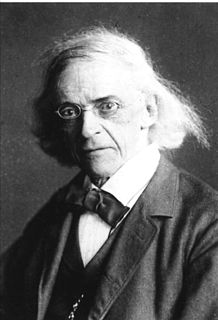A Quote by Lee Isaac Chung
I just want to say that 'Minari' is about a family. It's a family trying to learn how to speak a language of its own. It goes deeper than any American language and any foreign language.
Related Quotes
Language designers want to design the perfect language. They want to be able to say, 'My language is perfect. It can do everything.' But it's just plain impossible to design a perfect language, because there are two ways to look at a language. One way is by looking at what can be done with that language. The other is by looking at how we feel using that language-how we feel while programming.
A language possesses utility only insofar as it can construct conventional boundaries. A language of no boundaries is no language at all, and thus the mystic who tries to speak logically and formally of unity consciousness is doomed to sound very paradoxical or contradictory. The problem is that the structure of any language cannot grasp the nature of unity consciousness, any more than a fork could grasp the ocean.
The important thing is to be able to understand anyone who has something useful to say. - There is a general moral here. Be very careful and very clear about what you say. But do not be dogmatic about your own language. Be prepared to express any careful thought in the language your audience will understand. And be prepared to learn from someone who talks a language with which you are not familiar.





































